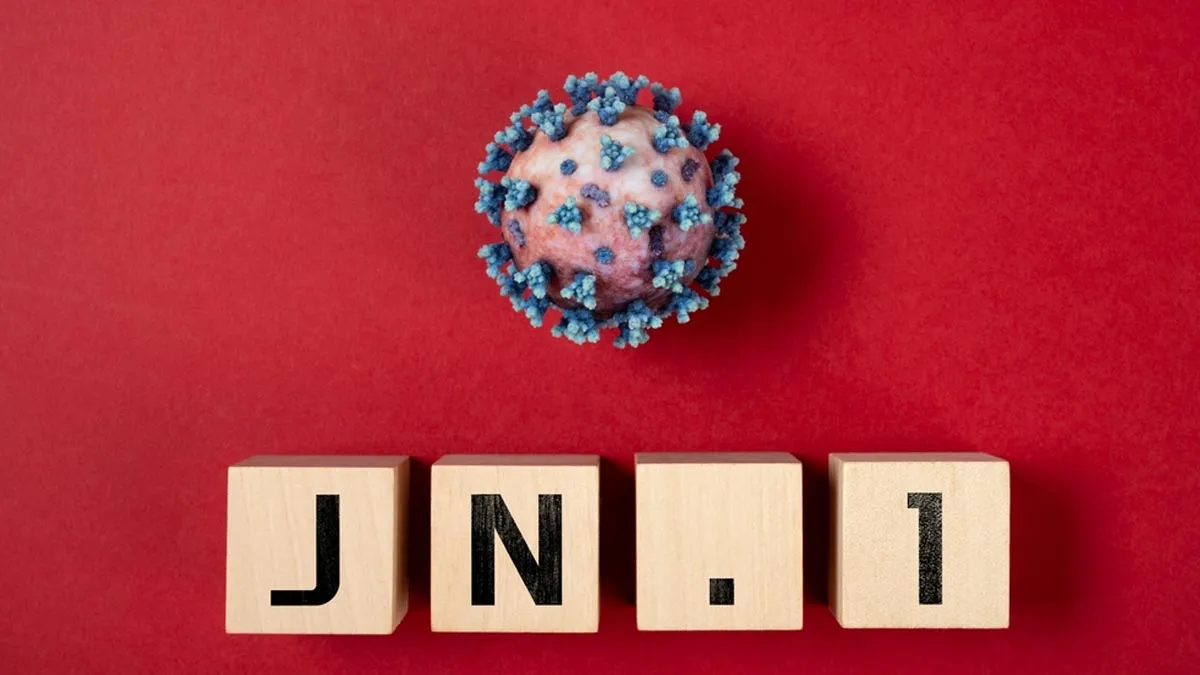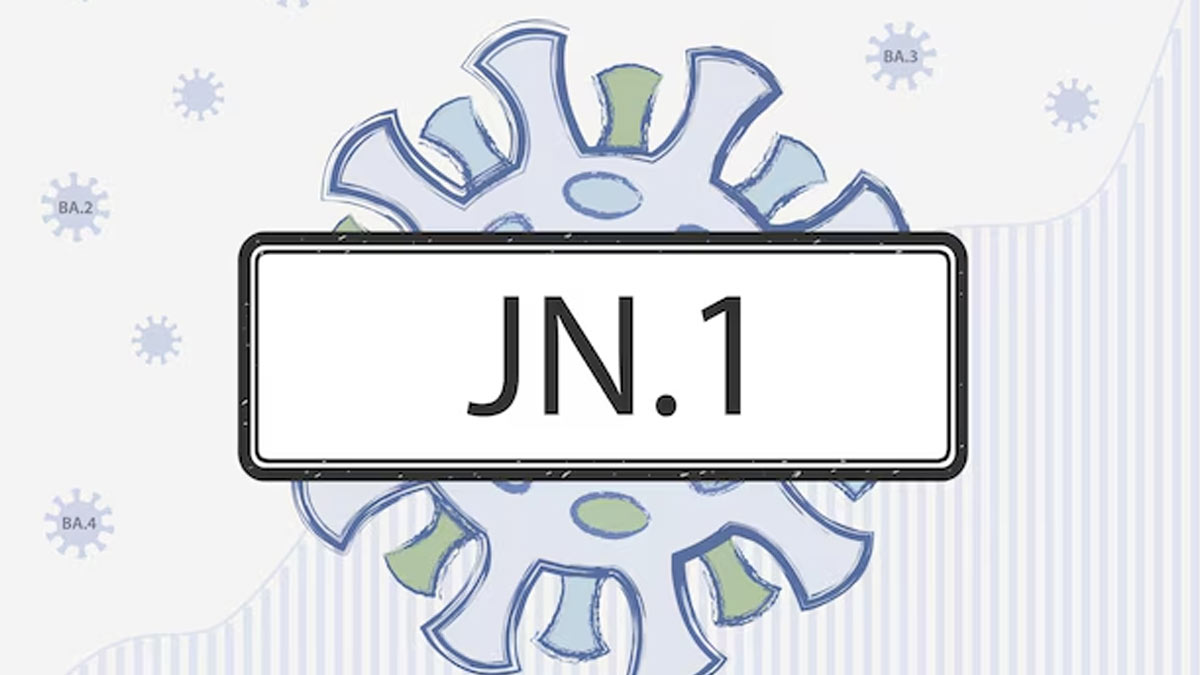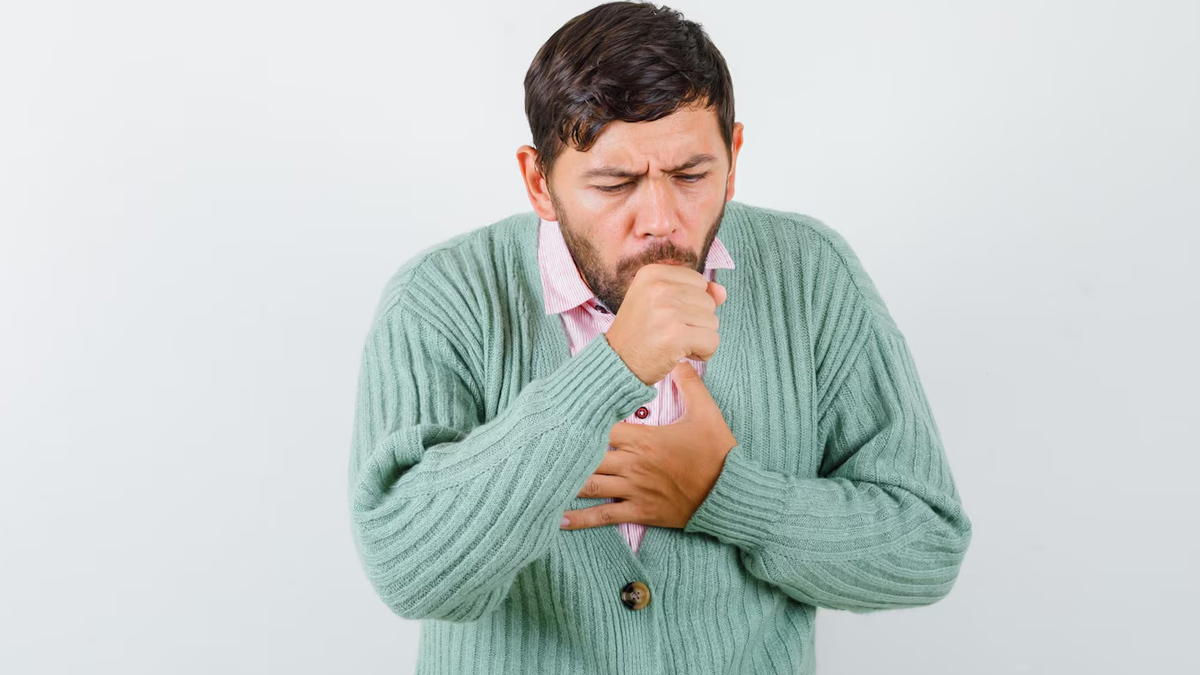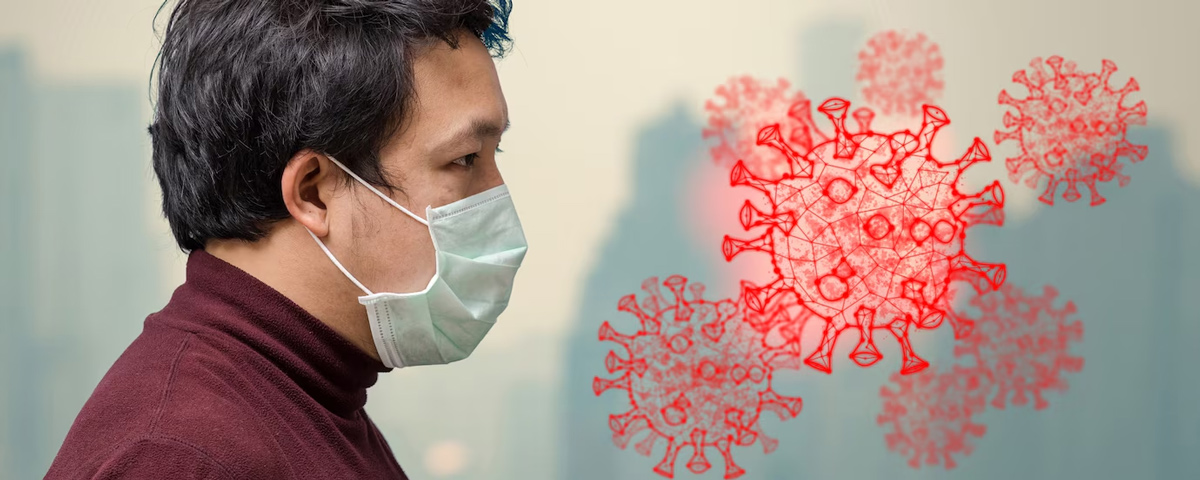
As Singapore faces a new wave of COVID-19 cases, attention has focused on the JN.1 variant, a sublineage of Omicron, as the main cause of this rise. This wave is mainly due to the spread of new subvariants, specifically LF.7 and NB.1.8, sublineages of the JN.1 variant. These variants are said to be responsible for the current rise of infections in Asia, including Singapore, Hong Kong, and Thailand.
Table of Content:-
We spoke to Dr Siri M Kamath, Consultant Internal Medicine, Gleneagles BGS Hospital, Kengeri, Bengaluru, who explained this variant, its symptoms, severity, and precautionary measures.
What Is the JN.1 Variant?

The JN.1 variant, which is a descendant of the BA.2.86 lineage, also known as Pirola, has also been traced as a major driver of the recent spike in COVID-19 cases in Singapore. The World Health Organization has designated JN.1 as a 'variant of interest' because of its fast transmission rate, although it has not been labelled a "variant of concern".
In early May 2025, Singapore reported a 30% rise in COVID-19 cases, with the majority attributed to the JN.1 variant. This surge can be attributed to several factors, including waning immunity, increased mobility, and reduced adherence to preventive measures.
Also Read: COVID-19 Returns to Indore! Reports First Case of 2025 After 74-Year-Old Woman Dies
Symptoms Associated with JN.1
Individuals infected with the JN.1 variant exhibit symptoms similar to those of previous Omicron subvariants. Dr Kamath shared common symptoms of this variant as follows:

- Cough
- Sore throat
- Runny or stuffy nose
- Headache
- Fatigue
- Fever
- Muscle aches
- Shortness of breath
- Gastrointestinal issues like diarrhoea
- Brain fog or difficulty concentrating
According to a 2025 study, some patients may experience more severe muscle fatigue and exhaustion than normal COVID-19 cases. It should be noted that how serious the symptoms are mainly relies on the patient's health and immunity level rather than the particular variant of the virus infecting them.
Severity and Hospitalisation Rates
"Although the number of cases has increased, the health authorities in Singapore have observed that the severity of infections is still low. In most cases, the condition is mild and does not require hospitalisation. However, there has been a slight uptick in hospital admissions, particularly among the elderly and those with comorbidities," said Dr Kamath.
Dr Paul Tambyah, President of the International Society for Infectious Diseases, emphasised that while JN.1 is highly transmissible, it does not appear to cause more severe illness than earlier variants.
Also Read: New COVID-19 Variant JN.1 Symptoms: Expert Shares What To Expect After Getting Infected
Preventive Measures
Here are some measures to curb the spread of the virus:

- Mask-Wearing: Wearing of masks by people in populous areas, especially indoors or when visiting vulnerable groups.
- Isolation: The person who shows symptoms of acute respiratory disease should stay at home until they get better and should avoid contact with others.
- Hygiene Habits: It would be better to practice frequent hand washing, sneezing and coughing covering, and avoid touching the face.
- Vaccination: Staying updated with COVID-19 vaccines, such as booster doses, is necessary, particularly among at-risk individuals.
Additionally, travellers are recommended to wear masks at airports, buy travel insurance, and steer clear of densely populated spots with inadequate ventilation.
Vaccine Effectiveness Against JN.1
Current COVID-19 vaccines continue to provide protection against severe illness and mortality due to JN.1, according to a study published in 2024.
That said, health workers caution that immunity wanes over time, especially for individuals who received the last vaccine dose more than one year ago. Therefore, booster doses must be administered to older persons, medically at-risk populations, and residents of aged care facilities.
Bottomline
Dr Kamath concluded, "The identification of the JN.1 variant serves as a call to continued vigilance against COVID-19. Even though it is more contagious, the variant does not appear to cause more severe disease. Adherence to recommended precautions and continued vaccination are key to reducing the impact of this and future variants."
[Disclaimer: This article contains information provided by an expert and is for informational purposes only. Hence, we advise you to consult your professional if you are dealing with any health issue to avoid complications.]
Also watch this video
How we keep this article up to date:
We work with experts and keep a close eye on the latest in health and wellness. Whenever there is a new research or helpful information, we update our articles with accurate and useful advice.
Current Version
